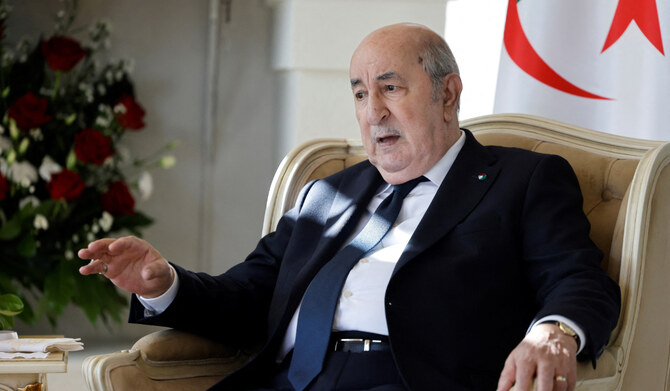
Algerian President Abdelmadjid Tebboune chaired an urgent high-level meeting on Thursday to address the deepening crisis in the country’s foreign trade sector, which has been severely undermined by declining non-hydrocarbon exports, energy dependence, and rampant smuggling.
Held at the presidential palace, the gathering brought together senior economic and security officials, including Foreign Trade Minister Kamel Rezig, employers’ association head Kamel Moula, as well as directors of Internal Security and Customs, alongside ministers of Transport, Finance, and the presidential chief of staff, Boualem Boualem.
The inclusion of security agencies in this economic forum underscores the regime’s increasingly centralized and security-driven approach to managing the unfolding crisis.
Non-hydrocarbon exports have stagnated at roughly $5 billion annually since 2020—a modest figure for an economy of over 45 million people heavily reliant on oil and gas revenues.
In response, the government introduced tighter import controls early July, requiring companies to submit a Forecast Import Program (PPI) for the latter half of 2025, pre-approved by multiple ministries.
While aimed officially at curbing commercial fraud and preserving foreign currency reserves, this measure has added layers of bureaucracy to a system already deemed among the most restrictive in the Maghreb region.
Observers highlight that the government’s inability to foster competitive domestic industries, improve logistics, or implement effective tax incentives leaves the ambitious target of $10 billion in non-hydrocarbon exports by year-end out of reach.
Meanwhile, neighboring Morocco advances with integrated industrial zones and trade agreements designed to boost exports, highlighting Algeria’s growing lag in economic modernization.
The presidency’s statement following the meeting mentioned a renewed focus on intersectoral coordination but offered no concrete structural reforms or timelines. The session laid bare the significant bottlenecks, rising friction between customs authorities and business operators, and a widening gulf between official ambitions and on-the-ground realities.
As energy revenues decline and dependence on hydrocarbons persists, Algeria faces mounting challenges to stabilize its economy and restore confidence in its foreign trade framework.



